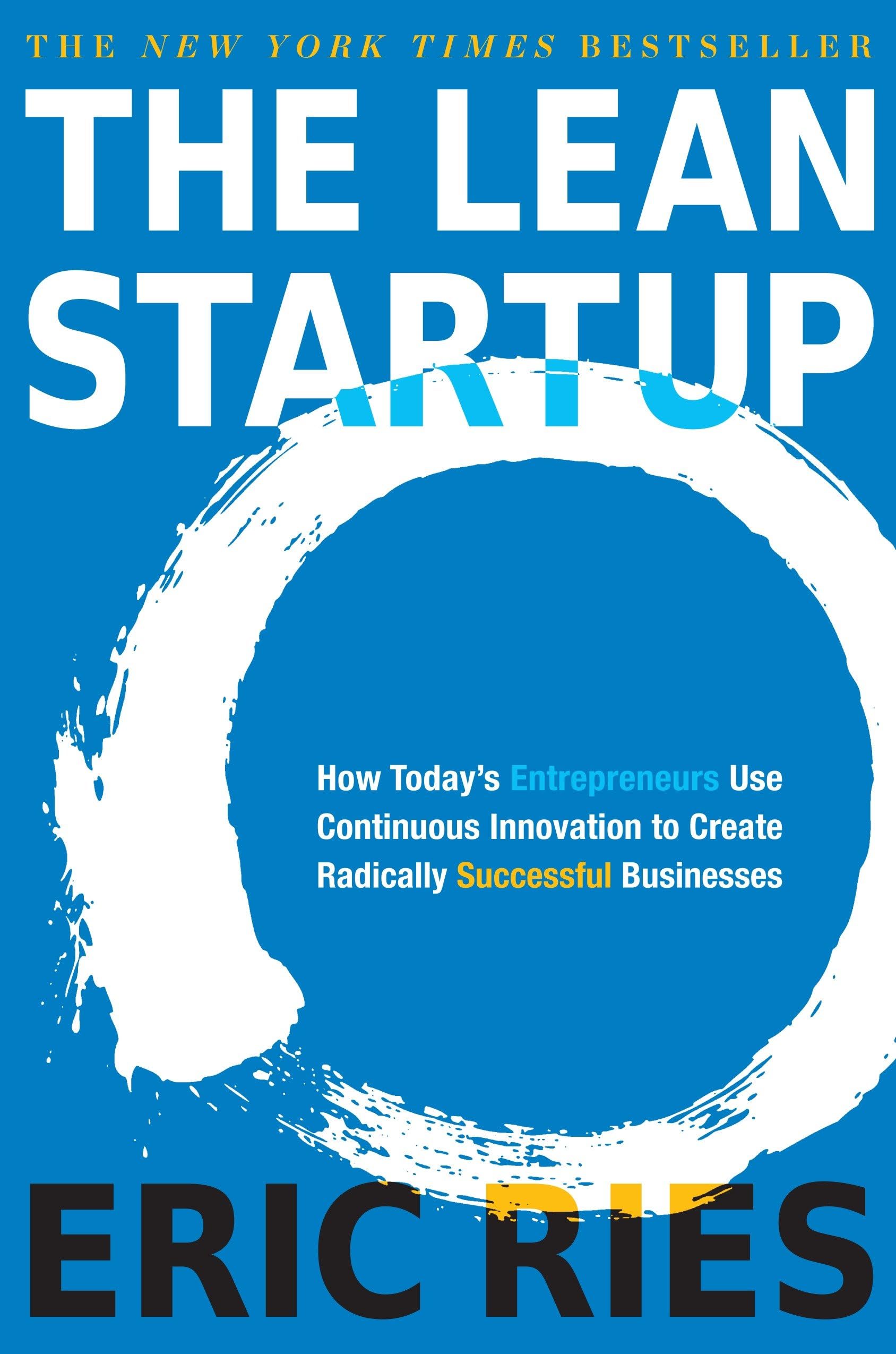Real frameworks. Zero fluff.
With so much noise in business advice, I wanted to share the few books that genuinely changed how I operate—as a founder, a strategist, and a builder. These aren't just popular titles. These are the ones I've applied to scale DTC brands, run a lean team, and structure smarter growth.
Whether you're launching your first product or leading a multi-brand portfolio, these six books will meet you where you are—and challenge how you think.

1. Buy Back Your Time by Dan Martell
The playbook for reclaiming your calendar and focusing on high-leverage work.
Takeaway: Time is your highest-leverage asset. Treat it like capital.
Dan's framework helped me stop white-knuckling every part of the business. His "buyback rate" formula is simple: delegate anything that falls below your hourly value.
What hit hardest: The "Time Assassins" concept—those sneaky tasks that silently kill your momentum. For me, it was inbox triage, calendar coordination, and content revisions. Once I hired a VA team, my strategic output 10x'd.
Practical tip: Run a 2-week time audit. You'll be shocked how much low-value work is blocking your $1,000/hour genius zone.
"You don't scale your business. You scale yourself so your business can grow."

2. Making Ideas Happen by Scott Belsky
How creative professionals turn ideas into shipped products.
Takeaway: Ideas are worthless without an execution engine.
Belsky introduced me to the "Action Method"—a simple but powerful way to move from brainstorming to progress.
Where it changed my workflow: We implemented this inside BuzzShift and saw our quarterly project completion rate jump from 60% to 88%.
Standout concept: The "Energy Line"—a visualization of where teams lose steam mid-project and how to maintain momentum.
Execution isn't sexy, but it's what separates dabblers from builders.

3. The Lean Startup by Eric Ries
A system for testing, iterating, and scaling ideas efficiently.
Takeaway: Test fast. Kill your darlings. Iterate forward.
Ries taught me to stop over-polishing and start learning. The Build-Measure-Learn loop has become a core part of how I validate offers and new brand concepts.
Real example: At GardenCup, we ran pricing tests ($9.99 vs. $10.99 vs. $12.99). The most expensive tier performed best—adding $240K in ARR from one experiment.
Bonus save: We also used landing page mockups to test product demand—avoiding a $120K inventory flop.
"If you're not embarrassed by your first launch, you waited too long."

4. Zero to One by Peter Thiel & Blake Masters
A guide to building something truly original—not just better.
Takeaway: Competition is for losers. Build something only you can build.
This book reprogrammed how I think about differentiation. It's less tactical, more mental model—but it pushed me toward contrarian thinking that's shaped multiple ventures.
Prompt I always use:"What important truth do very few people agree with you on?" At FlightPlan Ventures, our answer became the heart of our positioning: sustainability is table stakes—we lead with performance.
"Don't go from 1 to n. Go from 0 to 1."

5. Traction by Gabriel Weinberg & Justin Mares
A tactical blueprint for customer growth across 19 channels.
Takeaway: Growth isn't magic—it's a channel selection process.
This book introduced me to the Bullseye Framework, and it fundamentally changed how I approach marketing.
How we used it: At Sweet Addison's, we tested five channels with small budgets. Whitelisted UGC Meta ads outperformed other by 4x—and became our primary growth driver for 6 months.
"Before you scale, figure out what actually works. Traction is strategy, not spray-and-pray."

6. REWORK by Jason Fried & DHH
A modern manifesto for building simple, profitable, resilient companies.
Takeaway: Simplicity scales. Hype doesn't.
This book felt radical when it launched—and now feels prophetic. REWORK gave me permission to build a calm, focused business that doesn't rely on venture capital, bloated teams, or performative hustle.
Why it stuck: While competitors with massive burn rates folded post-2023, we stayed profitable and nimble with under 20 people and 8-figure revenue.
Favorite principle: "Embrace constraints." That mindset forced us to innovate smarter acquisition paths when we couldn't outspend. Today, our community program drives 35% of new customers at near-zero CAC.
"You don't need a massive team or millions in funding. You need a clear problem, a simple product, and customers who care."
Honorable Mentions
Want to keep going? These were close runner-ups:
- Essentialism by Greg McKeown – for focus and boundary-setting
- Company of One by Paul Jarvis – a quieter philosophy on small-scale success
- StrengthsFinder 2.0 by Tom Rath – my go-to for hiring and team alignment; I gift it to every new employee
- The Cold Start Problem by Andrew Chen – a deeper dive on network effects
Your Turn
What's the ONE book that changed how you build? Reply below, tag me @camgawley, or shoot me a DM.
I'll compile reader picks into a follow-up post.
📩 Always building, - Cam Gawley
.svg)











